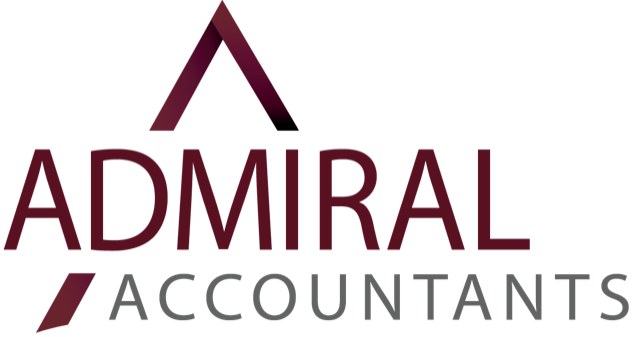1.Small Businesses and landlords under the VAT threshold will have an extra year to prepare for Making Tax Digital (MTD)
Unincorporated businesses (businesses owned privately by one or more people) that have an annual turnover below the VAT registration threshold will have until April 2019 to prepare before MTD becomes mandatory.
Under MTD, businesses will use digital software to keep tax records and update HMRC quarterly.
2. £435 million to support businesses affected by the business rates relief revaluation
This means no small business that is coming out of small business rates relief will pay more than £600 more in business rates this year than they did in 2016-17.
Funding for local authorities will allow them to provide £300 million of discretionary relief to provide help to businesses most affected by the revaluation.
And from April 2017, pubs with a rateable value up to £100,000 will be able to claim a £1,000 business rates discount for one year.
3. The main rate of National Insurance contributions (NICs) for the self-employed will increase
Currently, the self-employed may have to pay both Class 4 and Class 2 NICs:
- Class 4 NICs at 9% are paid on profits between £8,060 and £43,000
- Class 2 NICs are paid on profits of £5,965 or more
From 2018, Class 2 NICs will be abolished. Class 4 NICs will rise to 10% in April 2018 and to 11% in April 2019.
Taken together, only a self-employed person with profits over £16,250 will have to pay more as a result of these changes.
This better reflects the fact that the differences in contributory benefit entitlement between the self-employed and employees are now small, following the introduction of the new State Pension in April 2016.
In the summer, the government will also consider whether there is a case for greater consistency in parental benefits between the employed and self-employed.
4. Tax-free dividend allowance will be reduced from £5,000 to £2,000 from April 2018
This will reduce the tax difference between the self-employed and those working through a company. Typically, general investors will need over £50,000 worth of stocks and shares outside an ISA to be affected.
5. The Lifetime ISA will be available from 6 April this year
The Lifetime ISA will allow younger adults to save up to £4,000 each year and receive a bonus of up to £1,000 a year on these contributions. Funds can be withdrawn tax-free to put towards a first home or saved until a person turns 60.
6. Tax-Free Childcare will soon be available to working parents
Tax-Free Childcare will provide up to £2,000 a year in childcare support for each child under 12.
Parents will be able to receive up to £4,000 for disabled children up to the age of 17.
Parents of younger children will be able to apply for the scheme first, with all eligible parents able to access the scheme by the end of the year.
Working parents in England will also be able to apply for an additional 15 hours of free childcare for three and four year olds, bringing the total to 30 hours a week.


 >
>